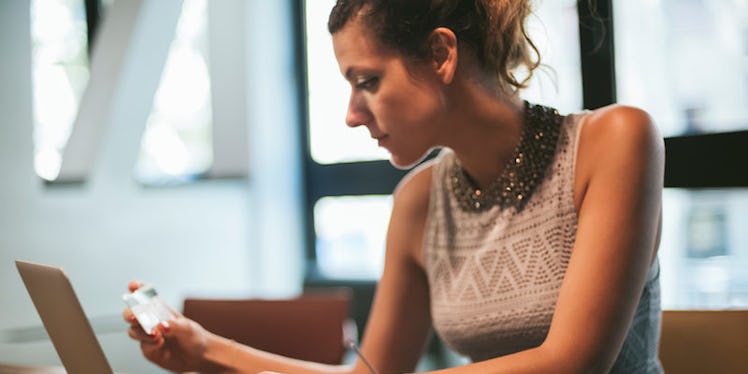The legendary Coco Chanel once said:
The best things in life are free. The second best things are very, very expensive.
Although at first glance it seems like a light hearted quote (and was probably intended to be), there’s actually a grain of truth to it.
The truth I’m referring to corresponds to the often mulled over question of whether or not money can buy genuine happiness.
What’s interesting about this question -- or maybe we can call it a “debate” -- is that people are quick to believe there's no way money can buy happiness. So many of us like to think of ourselves as non-materialists, after all.
Arguing money can’t buy happiness definitely appears as a less pretentious, superficial stance to take than the alternative. If we are being completely honest, though, stating money doesn’t make significant contributions to our happiness is a bold claim.
If you went on an incredible vacation that made you happy, money contributed to that. (How much were those plane tickets?) If you are in love with your new puppy, money contributed to that. (How much did he cost?)
If wearing the expensive new earrings you bought makes you happy, money contributed to that.
Furthermore, if someone were to steal your debit card and drain your account, I’m thinking “upset” would be among the range of emotions you would feel.
In short, money buys us happiness in allowing us access to things that make us happy. Not having it can make us feel less secure, more stressed and, consequently, less happy.
So when it comes down to it, I'd have to argue money actually can buy happiness.
A more accurate argument to make is not that money can’t buy happiness, but rather it acts as a weak cure to unhappiness, unlike the sort of happiness that originates from non-material sources.
The sort of happiness we associate with the kinds of things “money can’t buy,” i.e. the memories we make, the love we receive from family and friends, etc., originates from non-material sources.
I would argue that this sort of happiness has a greater potential to last through and withstand hardship, and in doing so alleviate unhappiness, than does the type of happiness we experience when we have and spend money.
In other words, money can buy happiness, but only a certain kind: the kind that is short lived and won’t act as a cure to unhappiness.
Buying new shoes or taking a vacation can make you genuinely happy, but if you go on to experience hardship, money won’t act as a cure to the sadness you feel.
On the other hand, the sort of happiness that comes with the making of memories and the love of family and friends is stronger and more substantial. It can act as a cure to sadness and other negative emotions that we experience in the face of adversity.
In the end, I think we would all rather have a friend by our side than something we paid for, should we be going through a difficult time.
In my opinion, there’s nothing wrong with wanting or needing to experience both types of happiness.
After all, to put a Millennial spin on the Coco Chanel quote, the best things in life are free, and the second best things cost at least what we need to pay for our cell phone and Netflix accounts.
